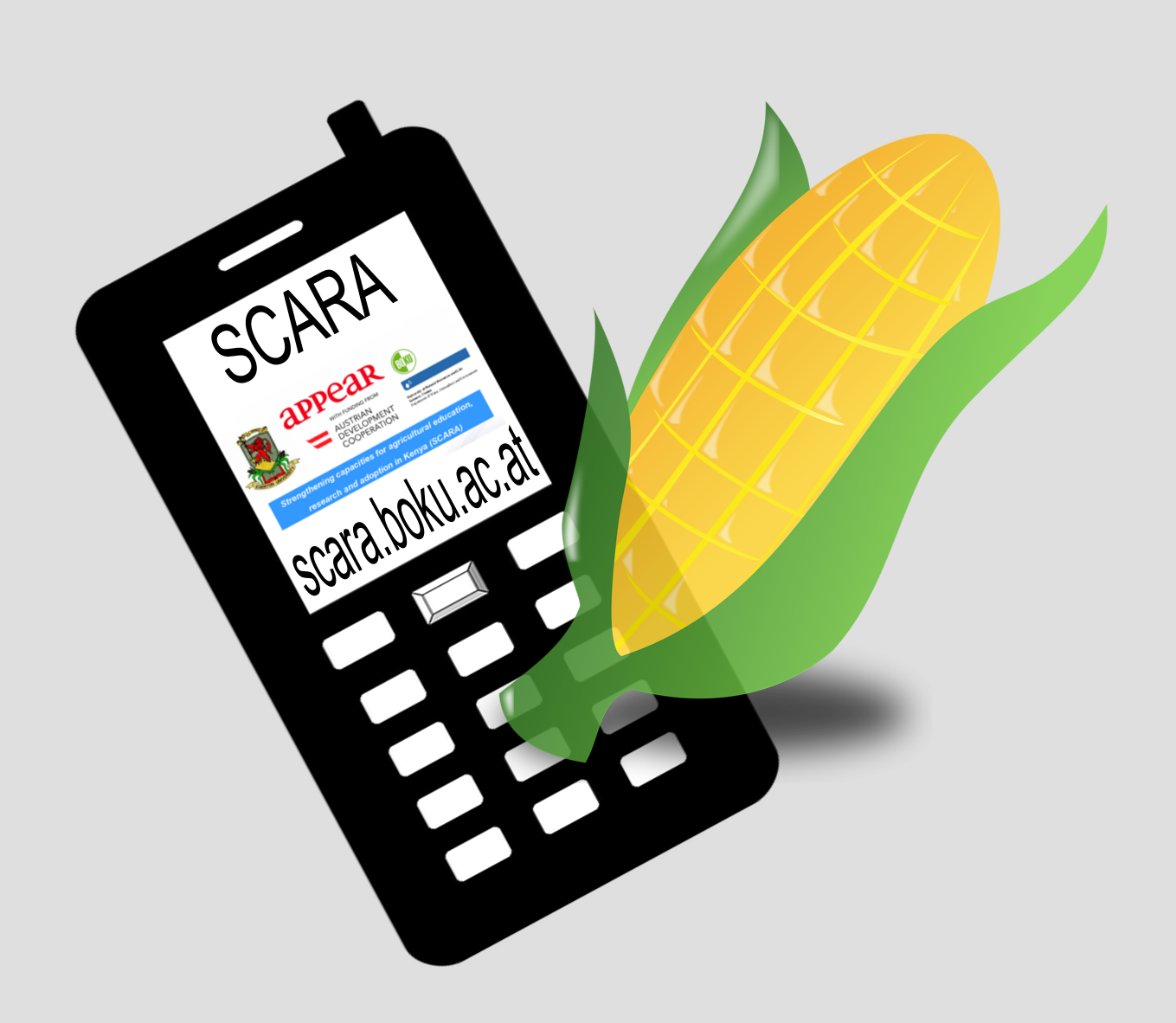Training on Participation, Transformation and Ownership
26 Students were invited to participate in a highly interactive training on participative research and participation. The training was hosted by Egerton University and facilitated by Beverly Achieng (EgU)and Dominik Ruffeis (BOKU). The students were highly motivated to learn about participation, participative research approaches, transformation, community ownership and research ethics. Main goal of the training was to learn how to integrate the methodologies of participation into research and field work.
Participation is getting involved, sharing ideas and discussion and participation is allowing all community members to take part and to own the activities. (Students voice)
A hot debate was going on on the levels of participation and how participation is reflected in common institutions.

Lowest level of participation is just sharing information with communities and the highest level is purely self-motivated community actions including assets and identifying the needs and ideas for change through the communities themselves.
Participation is empowering people to learn, develop, change values, take action and improve. It can lead to sustainability transition or even transformation processes. Changing values and views through learning will eventually lead to changed behavior and innovations.
- Engage people emotionally
- Development of resilience
- Engage people at scale
- Work towards well being
- Choose your facilitators carefully
Participation is also about collaboration and working together:

Research should rather focus on solutions and not on problems. Communities always look for solutions and not for problems.
Participants of the Training:







You must be logged in to post a comment.